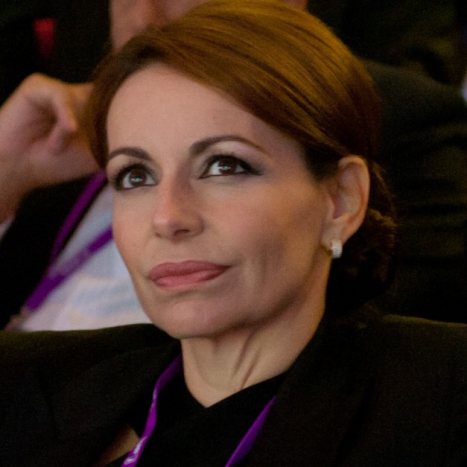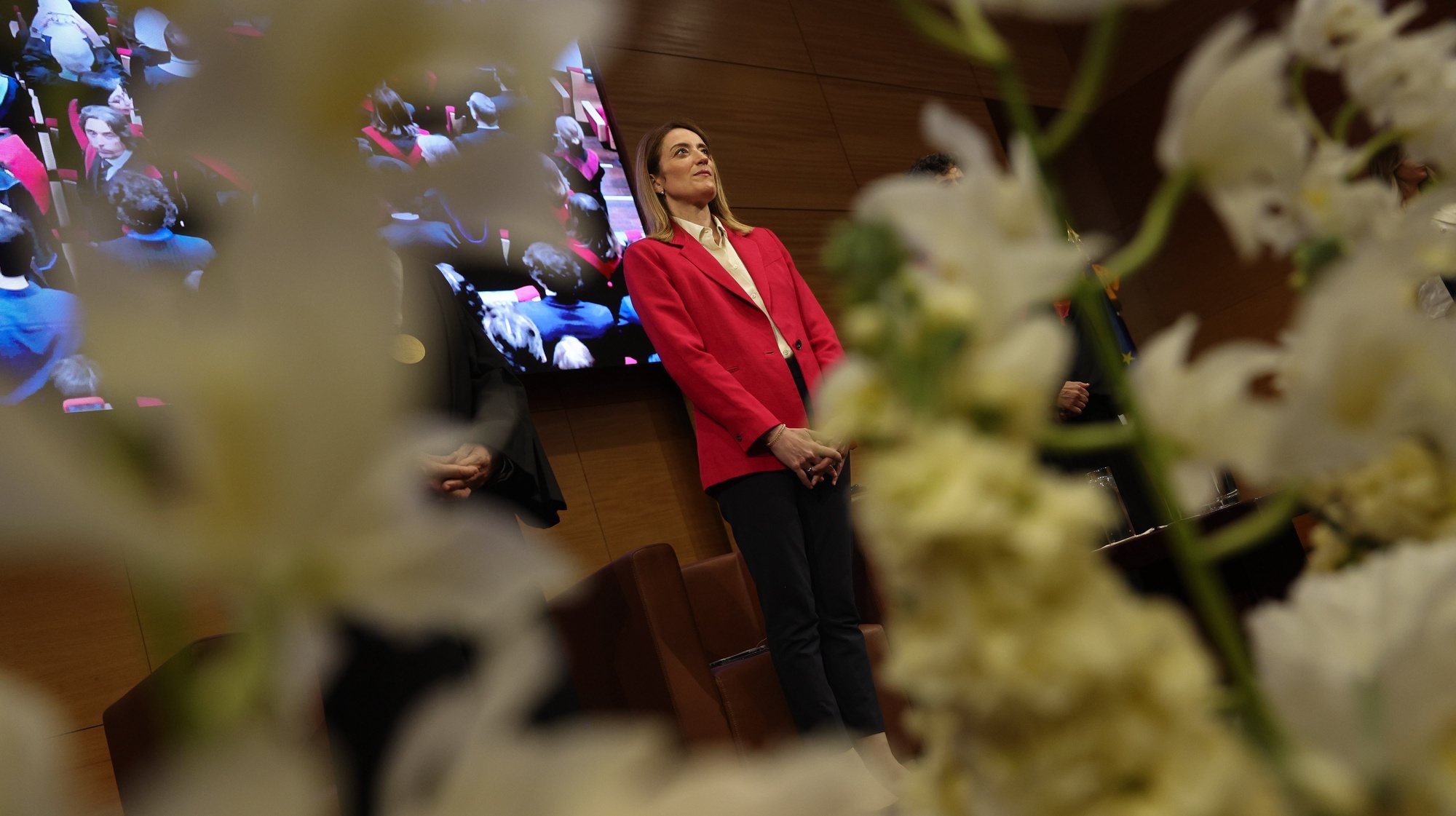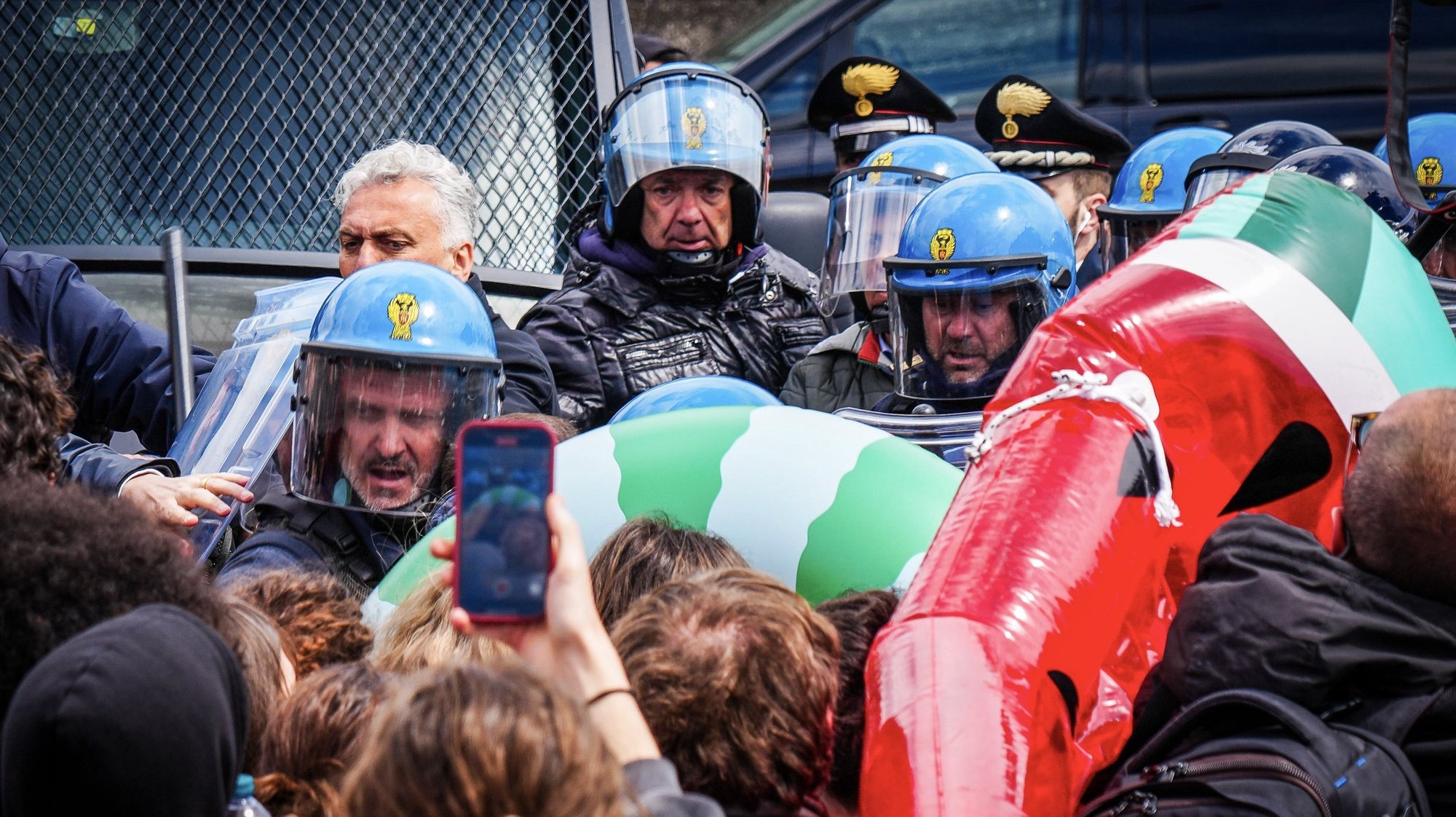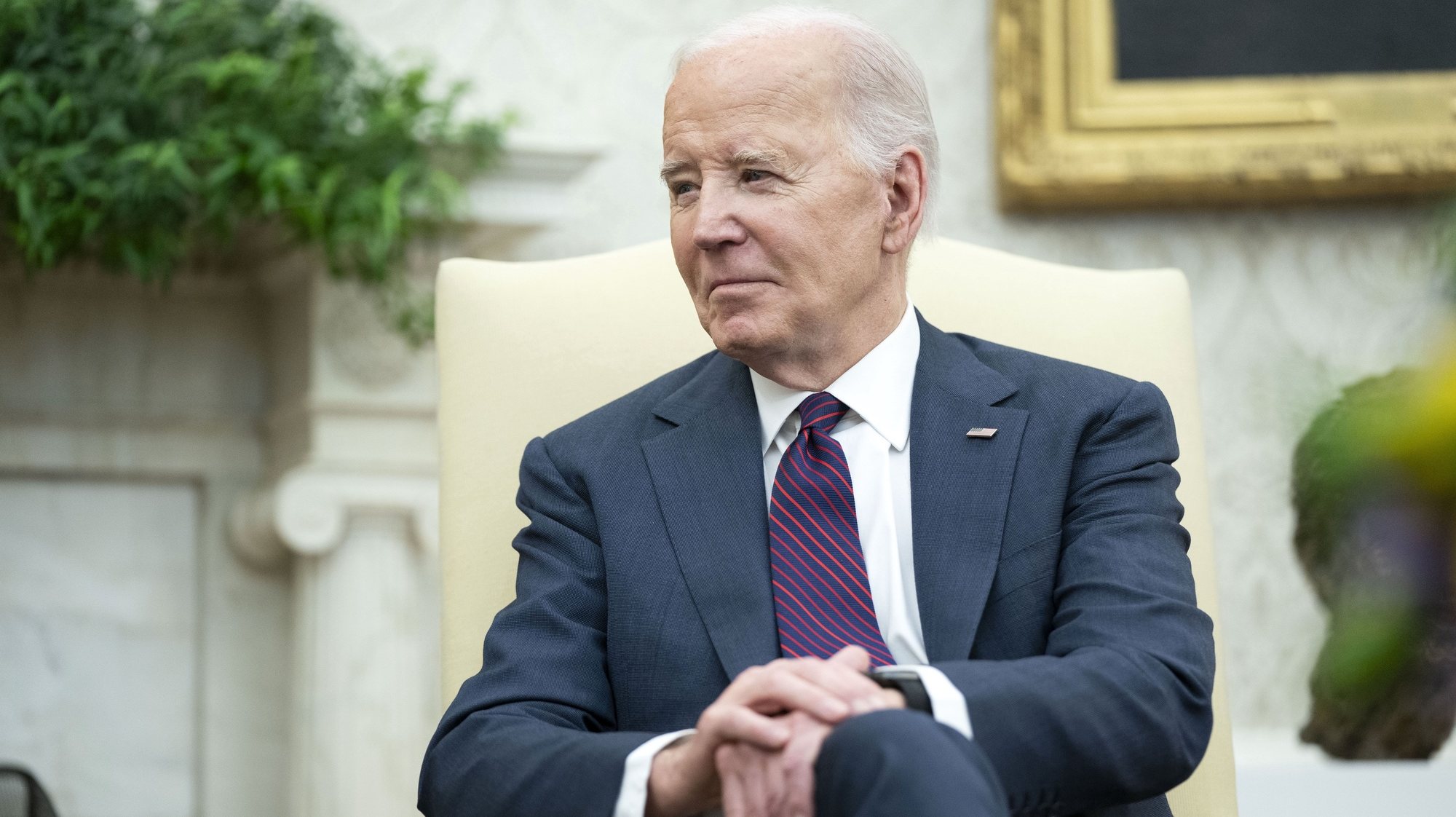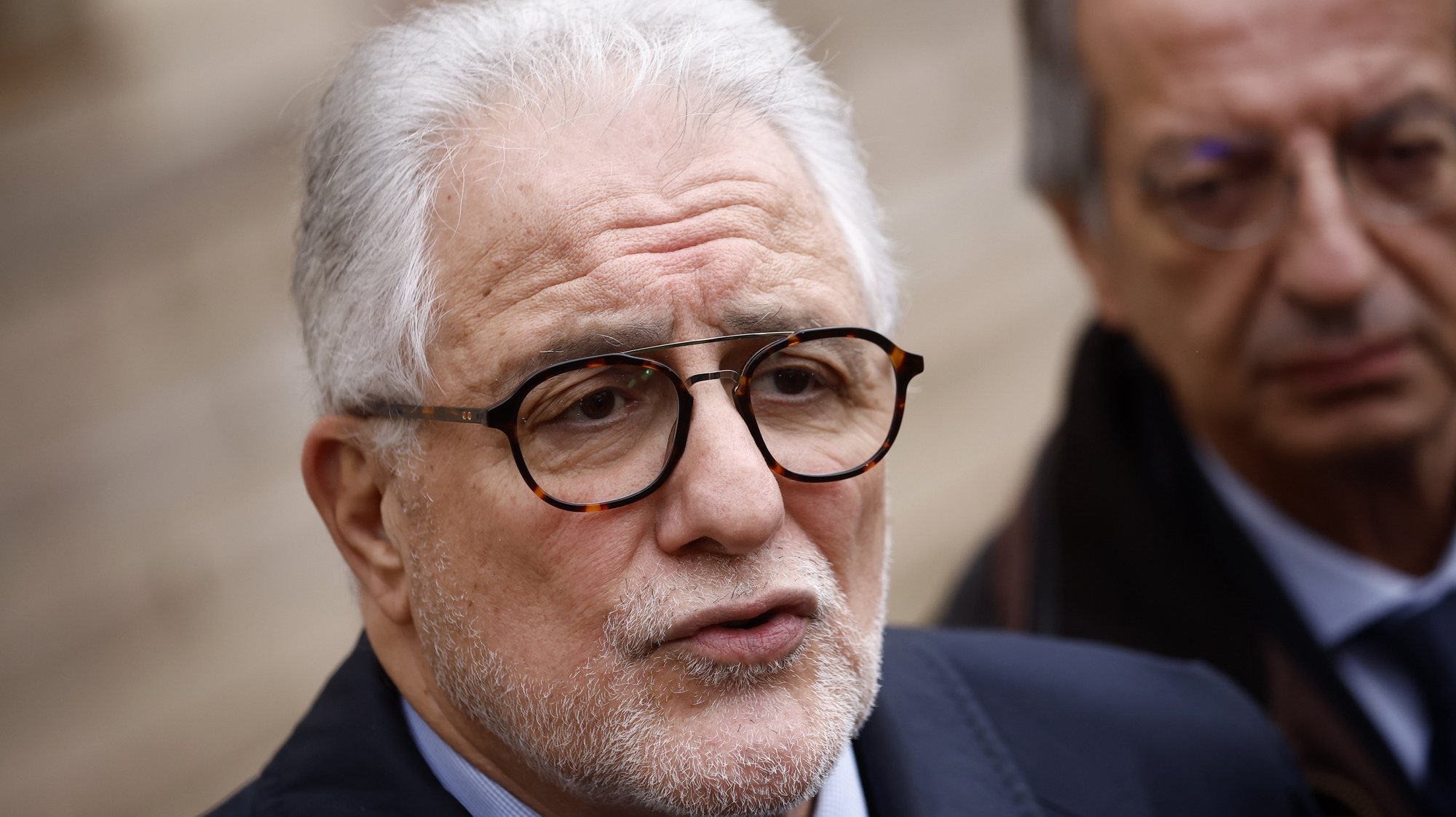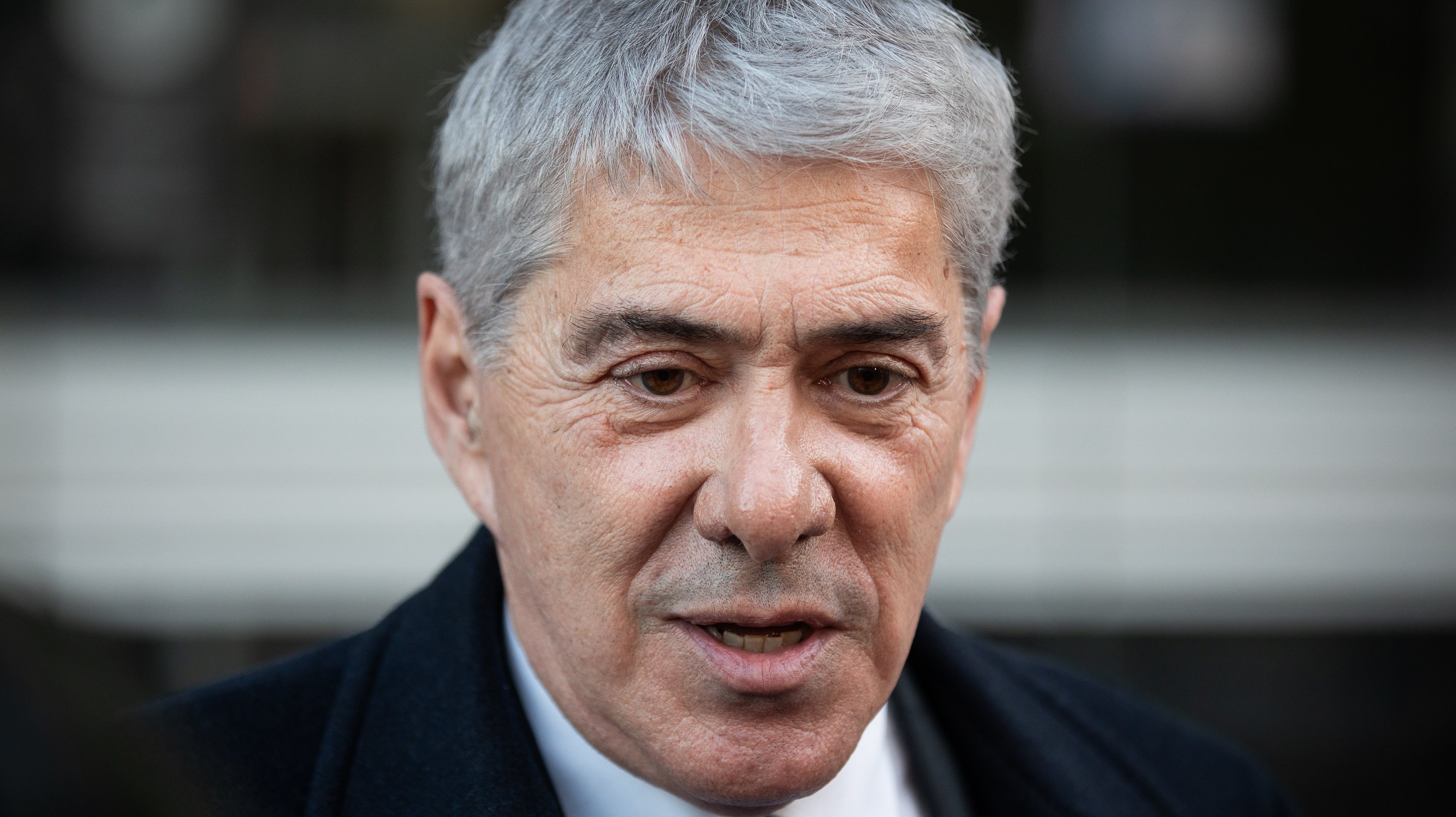A fragile ceasefire in the latest round of hostilities between Israel and Hamas was achieved one week ago. For how long is anyone’s guess. Even though clearly started by Hamas, a Palestinian militant and terrorist organization, when they fired thousands of missiles at Israeli cities, Israel has been widely criticised. In truth, Israel has almost always had bad press. Surveys have repeatedly shown that Israel is one of the most disliked countries in the world, along with such paragons as North Korea and Iran. How much of this is driven by the actual policies of the Israeli State or to what extent is it driven by the age-old hatred of the Jews?
Israel has been accused of many crimes: of being an apartheid-State; of ethnic cleansing; of countless human rights violations; of oppressing the Palestinian people; and of serially violating numerous UN resolutions. Above all, Israel is accused of having robbed a people – the Palestinian’s – of their land and their right to self-determination. Critics point to how they exploit the atrocities of the Holocaust to sanitise their “crimes”.
Like most things, there is another side to this story. Zionists assert they are the unique natives of Eretz Israel, the land of Israel, going back 3,000 years. In this narrative, the Jews were driven out when it was occupied, but nonetheless managed to maintain a continuous presence in the land under the yoke of various empires: Syrian, Roman, Abyssinian, Ottoman and lastly British. Britain’s Mandate, to control Palestine, approved by the League of Nations in 1922, incorporated the 1917 Balfour Declaration, which provided for a Jewish national home in Palestine and preservation of the civil and religious rights of non-Jewish communities. But one year after its birth, the Israeli state had to fight for its survival in 1948 against Arab neighbours bent on its destruction, much as it has had to do in a series of wars ever since.
Two people fighting over the same land. Both claim that history and law is on their side. Both claim to be victims of aggressors. Both sides accuse the other of a policy of ethnic cleansing. Jewish Israelis claim they have always been open to the idea of sharing the land but that the Palestinians have consistently refused and instead tried to establish a State of their own through terrorism and war. The Palestinians have their own gripes: the forced Palestinian exodus of 700,000 people from their homes in 1948; the continued building and expansion of Jewish settlements in lands that were earmarked to become a Palestinian state; the occupation of the West Bank and East Jerusalem; the siege of the Gaza Strip; the gross violation of human rights. A seemingly intractable problem. Little wonder the international community, despite its many efforts, has been unable to resolve since 1948.
The Israeli-Palestinian question is one that is difficult to look at without a tribal lens. You either support one side, or the other. A bit like an allegiance to a football club. We all believe ourselves to be objective, to have truth and morality on our side, and that’s what makes any productive dialogue so difficult to come by. It is also no wonder how we continue to obsess over a relatively small territory, made up of only 14 million people (if you include the occupied territories and the Gaza Strip) in a conflict that has taken such few lives in comparative terms.
I have always been a virulent supporter of the Israeli state. I am privileged to have several close Israeli friends. I have travelled extensively in Israel, a country I dearly love. I see a people that have for centuries been singled out and persecuted in one way or another, at times in the most barbaric of ways. With the end of the British Mandate, the last vestiges of external control in what was then known as Palestine came to an end and they were finally able to determine their own future as a people, creating a functional and productive State, a beacon of democracy in the Middle East. All this informed my judgement on the Israeli- Palestinian issue. I had no doubt for which team I rooted for. It is therefore with some surprise, that for the first time, I find myself more sympathetic to the other side.
This conflict is not just about Hamas that has never had any interest in peace or a two-state solution. It is not only about a terrorist and totalitarian movement that callously hides behind their civilian population to delegitimise any Israeli act against them. It has become, in my view, predominantly about the actions of a State that is progressively eroding the rights of its Arab citizens and whose oppression in the Occupied Territories continues to make life near impossible to live for Palestinians in the Gaza Strip and on the West Bank. In the words of Gideon Levy, a renowned Israeli journalist and author: “Israel has become a country of three regimes: one for the Jews, one for its Arab citizens and another for the West Bank and Gaza.” Arguably it has strayed from the intention of its founding fathers like David Ben-Gurion that “The State of Israel… will foster the development of the country for the benefit of all its inhabitants; it will ensure complete equality of social and political rights to all its inhabitants irrespective of religion, race or sex…”
The fact that Israel is the only true democracy in the Middle East, the fact that it has the right to defend itself against a terrorist group with known ties to Iran that aims to eradicate the State of Israel does not give it the right to do what it will. Precisely because we defend Western democratic values, we should condemn not only the actions of Hamas but also those of Israel. If Hamas denies the right of Israel to exist, Netanyahu aims to make a viable Palestinian State an impossibility. The West Bank is nothing more than a patchwork of disconnected municipalities, broken up by security walls and barriers controlled by the IDF. With increasing Israeli settlements and home demolitions, there is currently no territorial coherence for a two-state solution. Under these circumstances, Palestinians are left with little choice but to stand up to this policy of systematic displacement and erosion of their rights. Peaceful demonstrations have not had much success.
The spark for the latest round of fighting, round four since 2008 (if you exclude the smaller battles) occurred in Jerusalem. For a while tensions had been on the rise due to attempted sequestrations in the Shaikh Jarrah suburb of occupied East Jerusalem. When the Israeli police used excessive force against demonstrators on Temple Mount and invaded the Al-Asqua mosque in Jerusalem, the third holiest site in Islam, Hamas saw a unique opportunity to flex their muscles.
Of course, political dynamics played their part. Mahmoud Abbas, the Palestinian president and leader of Fatah, had decided yet again to postpone legislative elections indefinitely in the Occupied Territories, for fear of losing the elections. Hamas hoped that by raining rockets on Israel it would redress its unpopularity in Gaza and bolster its popularity on the West Bank. The failure of the Israeli political system to produce a stable government in the last four successive electoral rounds served as further incentive for Hamas to take advantage of a certain degree of disarray in Israeli decision making.
Benjamin Netanyahu, the longest serving Prime Minister of Israel, has had to pander to extreme right-wing parties in order to hold on to power. He had to play a strong hand if he is to have any hope of forming a government. Israeli bombs hit Hamas´ offices, rocket launchers and tunnel complexes. Several of the group’s commanders were killed. All this is true. But more infrastructure, homes, schools, businesses and hospitals were destroyed in Gaza, than on any previous bombardment which will only increase the pool for future Hamas conscripts.
The Gaza crisis came at the ideal time for Netanyahu. It led to the collapse of talks to form a new Israeli coalition that would exclude his Likud party and drastically increase his chances of going to jail on several corruption charges.
But Netanyahu is not a mere hostage to the Israeli right. He is very much a part of it. As a populist he has perfected the art of converting social resentments into political power. Under his stewardship, the political centre of gravity in Israel has shifted right. Not only are we witnessing the rise of the more extreme right-wing parties, but the Israeli Labour Party, traditionally the greatest defender of a two-state solution has almost ceased to exist. And worryingly, the younger generation has become more right-wing. None of this bodes well for future dialogue between the two sides.
A ceasefire may have been signed, but Hamas will not be down for long. Both sides are content to leave Gaza a festering pool of misery that periodically erupts. Hamas’s control suits Netanyahu. It weakens the Palestinian leadership, making the prospects of a Palestinian state remote. After all, who can legitimately speak for the Palestinian people: Fatah or Hamas?
Discontent from within is the most worrying element in all of this. The sleeping Arab Israeli giant has awakened, which Israelis will be forced to deal with. Arab Israelis, who now account for a little over 20% of the population of Israel, increasingly identify with their Palestinian brothers. They have progressively seen their rights eroded in the last two decades. They increasingly feel treated as second-class citizens. It is true that they have the right to vote, are represented in the Knesset, benefit from the social services provided by the State and are not forced to serve in the military. However, we need to look deeper into this picture of “apparent” equality. Eight out of the ten poorest cities in Israel have a majority of Arab Israelis. In 2018 Netanyahu passed the Nation State Law demoting Arabic as an official language, making the right of self-determination unique to Jews. It deprived Arab Israelis of the right to determine what sort of state and society they live under and established Jewish settlements as a national value without specifying where. Finally, if you are an Arab Israeli and leave Israel for an extended time, say to study abroad, you automatically lose your right to citizenship.
Ordinarily Israelis and Palestinians both hanker for peace. But for peace to be achieved concessions need to be made on both sides. Israel’s need for security has to be addressed as does the Palestinians’ need for their own state, which can be viable economically and where they can prosper.
Peace and security are unlikely to be achieved under Netanyahu and Abbas. Abbas’s sixteen years in power has shown he is unable to deliver, and has no control over Hamas, or Palestinian Islamic Jihad which also operates in Gaza. Netanyahu’s thirteen years in power have shown at worst that he does not want to deliver sustainable peace, at best that he has become hostage to a dynamic he helped to foment.
If progress is to be achieved, the US will need to bring pressure on Israel. Condemnation of Israel’s treatment of Palestinians is no longer taboo in the US, even by American Jews. Netanyahu’s ostentatious alliance with Trump has not made him a particularly endearing figure to younger Democrats or its more progressive wing. Biden seems reluctant to devote much energy to reviving the peace process. This tends to assume a disproportionate part of your foreign policy agenda and Biden has bigger fish to fry at home and abroad. America’s energy interests in the Middle East are also changing. The discovery of shale gas, the Green New Deal and Biden’s climate initiative will also make the US less dependent on the Middle East for energy and may lead to a reassessment of its policy towards Israel. Only America can force Israel to make peace.
This latest round of hostilities, like previous ones, achieved nothing but more death, destruction and hatred. To play the blame game leads us nowhere. Both sides should be condemned and held to account. In many ways Israelis seem to create or at least worsen their own problems. If Israeli security is their ultimate aim they appear to be further and further away from achieving that. If peace is to be achieved in our time, leadership and attitudes need to change. As attitudes harden on both sides, time may be running out. The Israeli and the Palestinian people deserve more. Ultimately, they need their version of Frederick de Klerk and Nelson Mandela.




